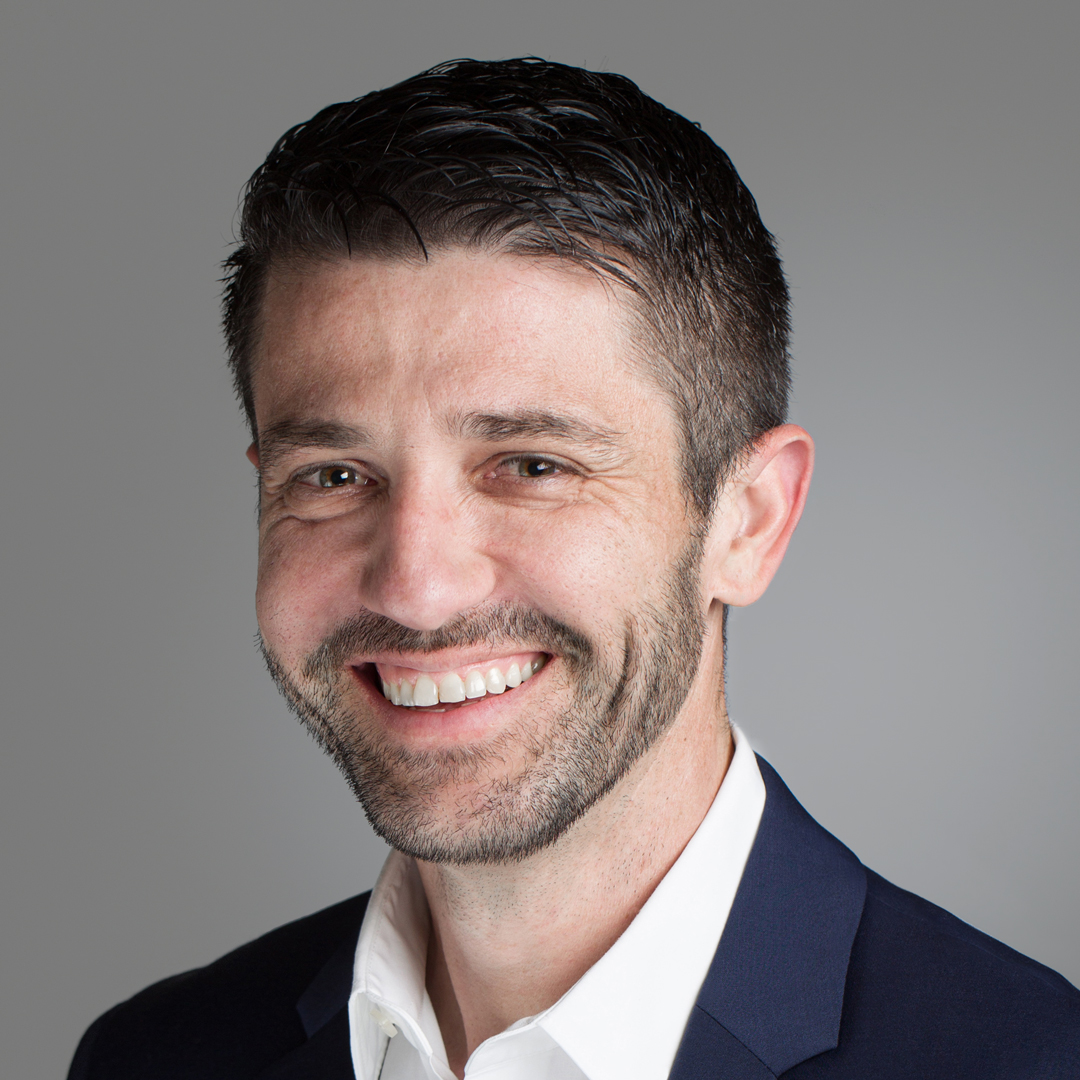|
Getting your Trinity Audio player ready... |
When John Michael Gross joined Cascade Environmental as its first-ever chief information officer, many in the company expected him to simply take on the responsibilities of an IT manager.

“The company never had a CIO before, so it didn’t really understand somebody thinking strategically about technology,” Gross explains. “It only understood, ‘My computer is broken,’ or ‘I can’t log in and I need someone to fix it.’”
From the start, he spread the word of his mission in ways that his new colleagues most certainly found unconventional.
“One of the things I say to people often is I don’t care about technology, which I know seems contradictory to what a CIO might say,” Gross says. “The most important thing we can do day in and day out is solve a business problem and drive or increase sales, efficiency, or profitability.”
Bothell, Washington-based Cascade Environmental is a leading environmental drilling company that, since its founding in 1991, has become a leader in the field with nearly one thousand employees working in thirty-six different locations.
“Prior to my joining, I would say we were a very traditional mid-size company,” Gross says. “We had a certain number of desktops and laptops that were in a small group of people’s hands. While we had our offices and systems networked together, most or all of those decisions were driven by vendors selling into the company, not necessarily working with the business to look for ways to reengineer processes or work more efficiently.”
That gets to the heart of why Gross enjoys working in that market: one of his key goals is to work with vendors who want to be partners. “A company like ours needs partners who are invested in our success, not just invested in selling us a piece of software or a piece of hardware,” Gross notes.
“The company never had a CIO before, so it didn’t really understand somebody thinking strategically about technology.”
He faced three main challenges at Cascade Environmental, starting with the perception that IT was not a partner.
“We were sort of viewed as the Soup Nazi—no IT for you,” Gross recounts. “We weren’t interested in our clients’—our colleagues’—success. The department was interested only in computer work, not in taking on challenges and finding ways to lower costs and thus creating opportunities for reinvestment.”
He adds that it’s safe to say that the team didn’t necessarily like the people in the business and the people in the business almost assuredly didn’t like the team.
“They viewed themselves as at odds with each other,” he shares. “So the first challenge was to change the culture and say, ‘We’re here as a service organization, and we all succeed if the business succeeds.’”
The second challenge was updating the company’s technology stack and changing personnel to reflect the department’s new mission—and with a limited budget and need to keep existing systems up. “As I liked to say to the CEO at the time, ‘This would a piece of cake if you let me shut down the company for six months,’” Gross recalls.
Some of the things Gross and his team of six have done is address email compromise, realign Cascade’s systems and infrastructure to the cloud, and shift the focus to field data and communication initiatives, all while improving capabilities and lowering total IT costs.
Early on, he asked employees what problems they faced, and if they responded by pointing out a technology issue, he would shift the conversation to ask them something about the work they do.
“My goal is always for people to have the data and systems that they want use in the way that’s most convenient to them at any point of the day.”
“Technology doesn’t provide the solution, you have to change the culture and the workflow,” Gross says. “Most CIO problems are not technology problems. They are business problems that can be solved with technology tools.”
One of his initiatives gave employees the capability of working at home when needed. That paid enormous benefits when people had to work remotely during the COVID-19 pandemic.
“We were already prepared for people to work from home,” he explains. “My goal is always for people to have the data and systems that they want use in the way that’s most convenient to them at any point of the day.”
Gross cites his background in software as an advantage in achieving his goals with Cascade Environmental.
“Because I spent so much time building software for companies previously, I was probably more prepared to come to the company and say, ‘Tell me what ails you and I’ll work with you to figure out a solution—there are no sacred cows;’ as opposed to, ‘Hardware is expensive and that’s what we have to work with,’” he notes.
His leadership philosophy is rooted in meeting expectations while getting the best out of the talented and dedicated people on his team. “From a management standpoint, I like my team to get credit for the wins,” he says. “And take responsibility for failures as the leader.”

